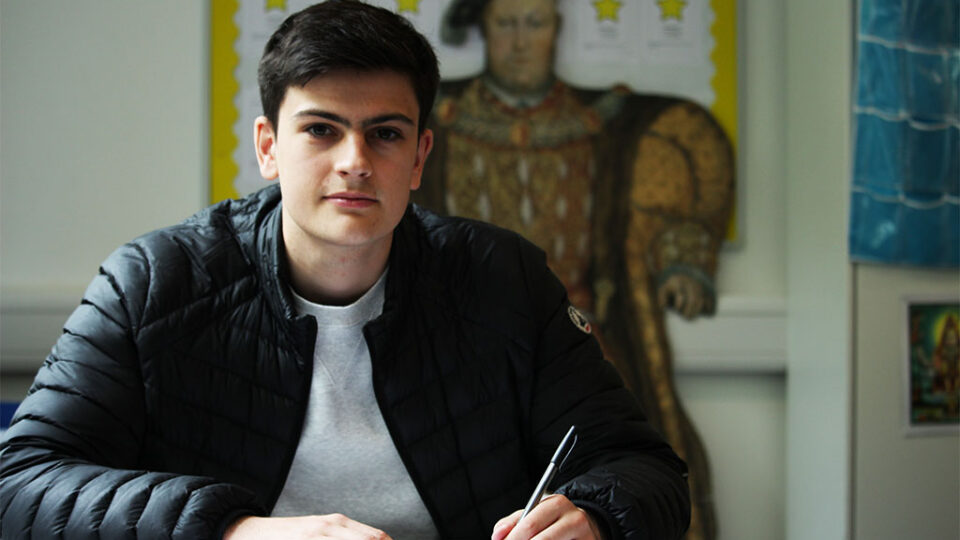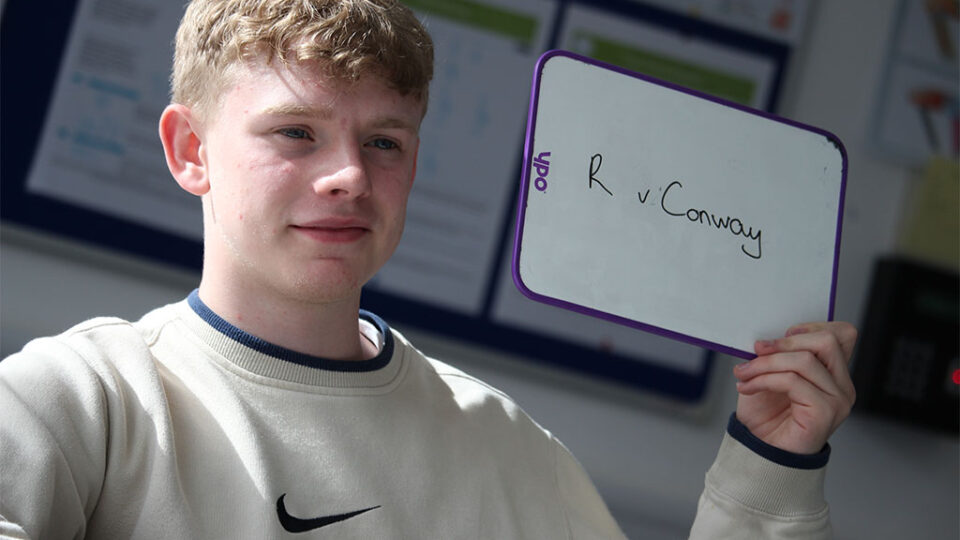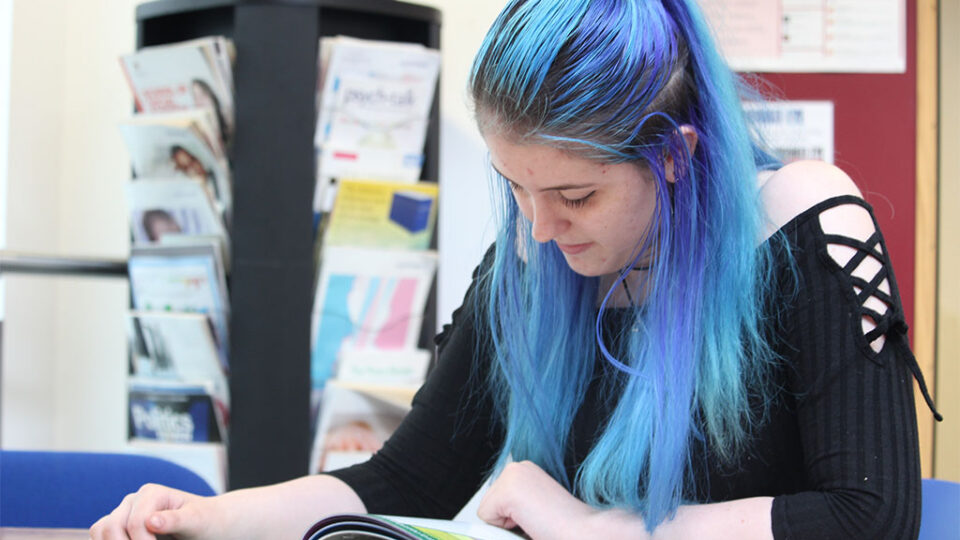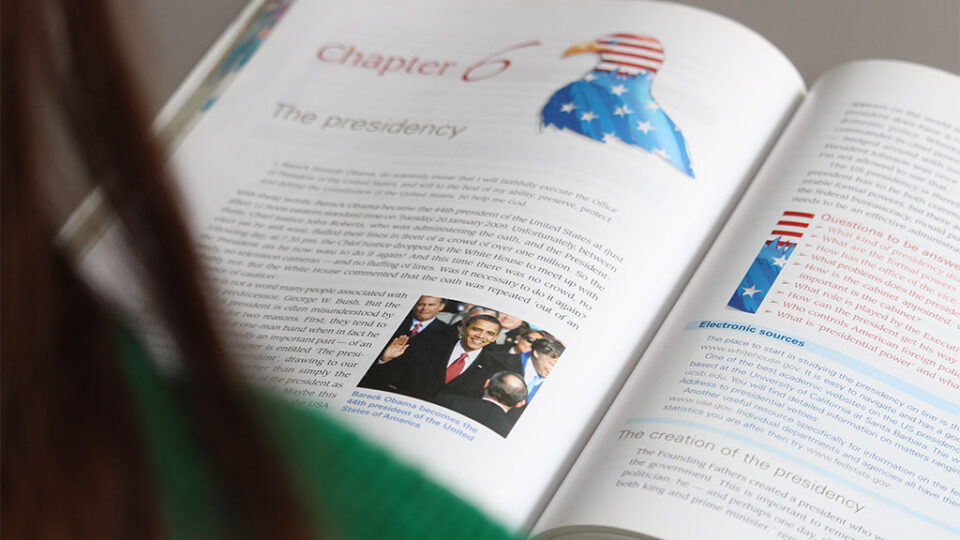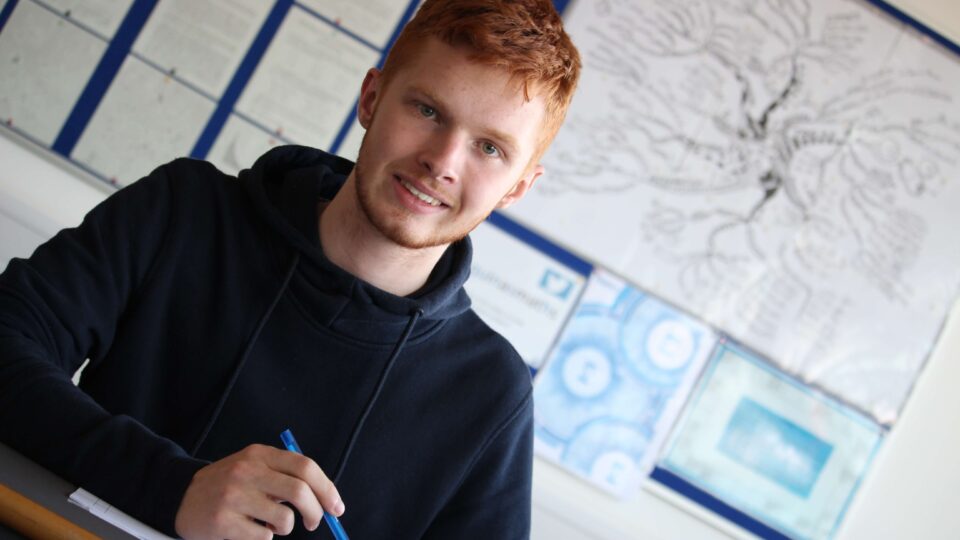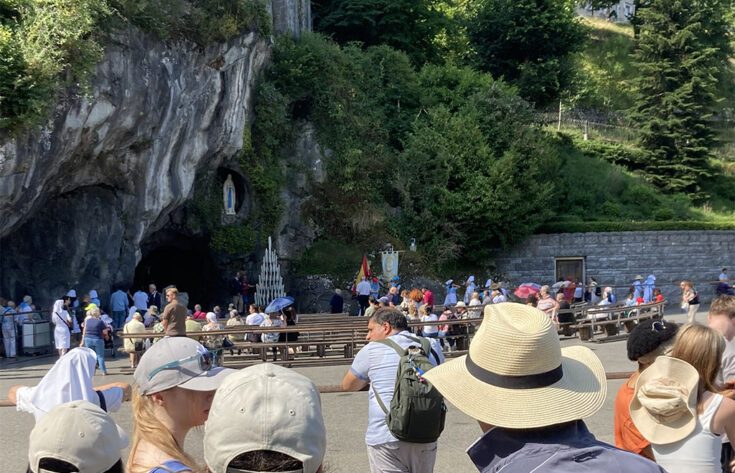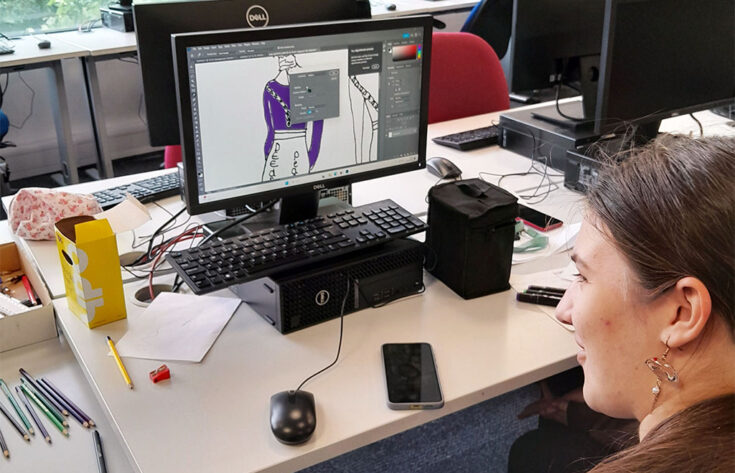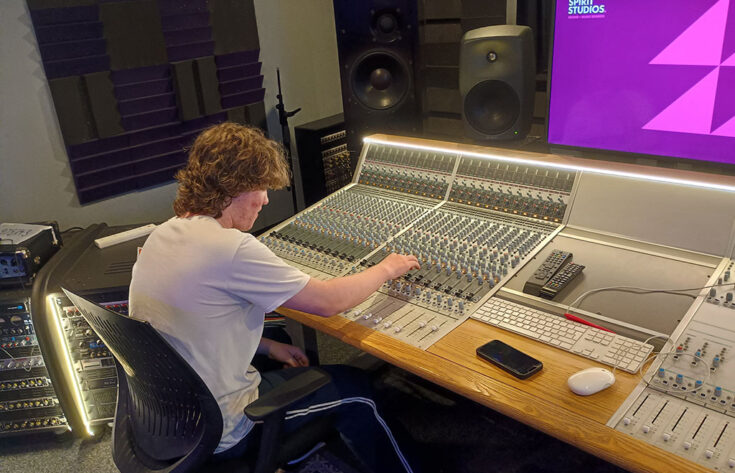Theology (Philosophy, Ethics and Religion)
Theology A-Level (Religious Studies) comprises study in three academic disciplines: Philosophy, Ethics and Religion (Christianity). The Philosophy component allows learners to investigate ultimate questions about meaning and purpose of life, including questions about the nature of reality, God’s existence and the problem of evil. The Ethics module allows learners to explore different ethical approaches to human morality, encouraging them to consider the implications of moral decision-making, the nature and meaning of the words ‘right and wrong’ and the role of ethics in the 21st century in application to business and sexuality. In the Religion element of the course, we aim to help students understand Christian beliefs, values and practices, enabling them to recognise the relationship between religion and society.
The exploration of key scholars from within western philosophy increases our students’ cultural capital and their ability to discuss the flaws and advantages of each scholars’ theory. A particular focus is placed on developing the student’s oracy skills to help them become more articulate and confident speakers going onto University or the world of work.
A popular and traditional subject, Theology aims to equip learners with transferable skills for further study, employment and society by developing their ability to think critically, analyse arguments, debate persuasively, write coherently, communicate effectively and respect the views of others that differ from their own.
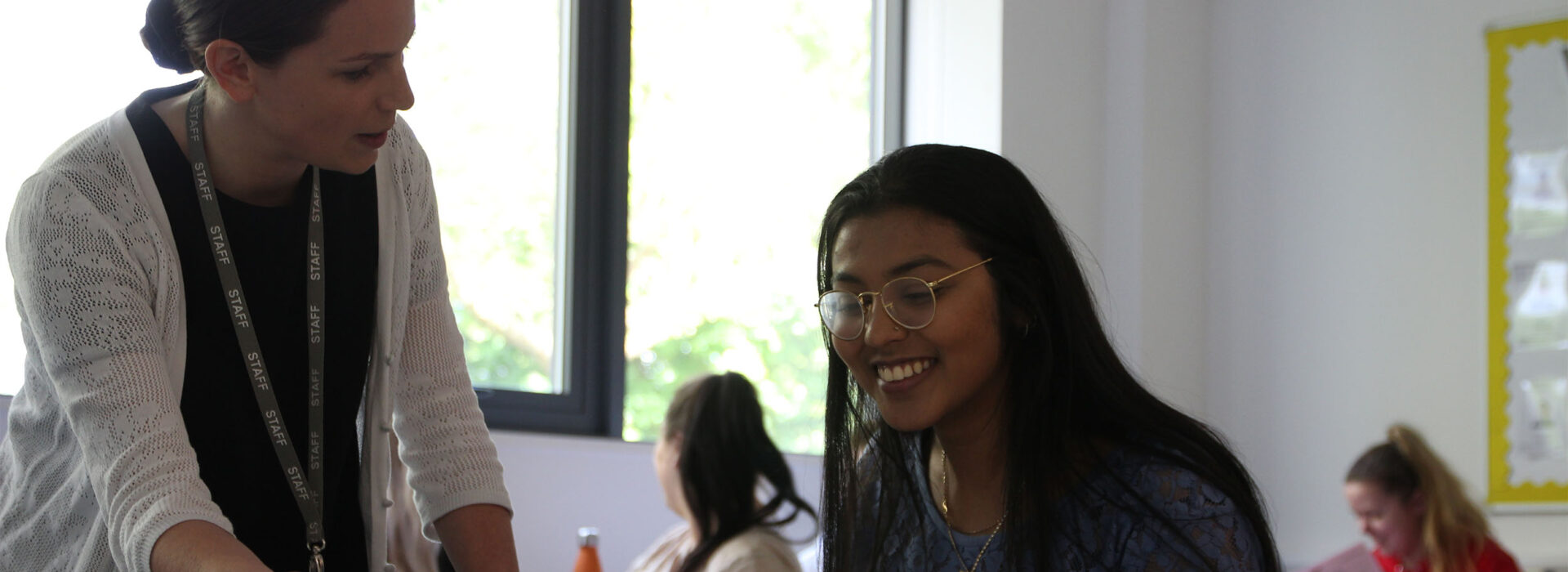
Philosophy:
- Ancient philosophical influences
- Soul, mind and body
- Arguments based on observation
- Arguments based on reason
- Religious experience
- Problem of evil
- The nature or attributes of God
- Religious language
- 20th Century perspectives and philosophical comparisons
Ethics:
- Natural law
- Situation ethics
- Kantian ethics
- Utilitarianism
- Euthanasia
- Business ethics
- Meta-ethics
- Conscience
- Sexual ethics
Religion:
- Augustine’s teachings on human nature
- Death and the afterlife
- Knowledge of God’s existence
- The person of Jesus Christ
- Christian moral principles
- Christian moral action
- Religious pluralism and Theology
- Religious pluralism and society
- Gender and society
- Gender and Theology
- The challenge of secularism
- Liberation theology and Marx
- 1 x 2 hour exam in Philosophy (2 x 40 mark questions out of a choice of 4)
- 1 x 2 hour exam in Ethics (2 x 40 mark questions out of a choice of 4)
- 1 x 2 hour exam in Religion (2 x 40 mark questions out of a choice of 4)
Theology will particularly develop the following skills in students:
- Critical analysis
- Reading academic text
- Writing academic essays
- Oracy
- Self-regulated and independent study
- Synopsis
Students who study Theology A-Level go onto a variety of pathways post Aquinas including:
- University study. Some of our recent alumni graduates (summer 2024) went onto study courses in Philosophy, Theology, Law, Politics, History, English, Creative Media, Counselling, Primary teaching (Theology also counts as a ‘core’ subject if considering primary teaching.)
- Gap year. Some students go on to take a gap year in the voluntary sector. This included one student in our recent alumni graduate who has opted to take a gap year in South Africa.
- Trips to Universities in the North West including Manchester University, Lancaster University, Leeds Trinity and Liverpool Hope
- Guest Lectures from academics in the field of Philosophy and Theology.
- Trips to Poland to visit Auschwitz in the context of what they learn in the ‘problem of evil’ module.
- Spiritual and emotional development retreats to Hyning Hall
- Visits to a Carmelite Convent.



